2014 Annual Competitiveness Ranking And Simulation Study For Asean-10 And Development Strategies To Enhance Asia Economic Connectivity
With the launch of the ASEAN Economic Community in December 2015, ASEAN is at a crossroads once again. Having braved through various crises since its establishment in 1967, how can ASEAN leverage on increasing integration to maintain its growth momentum in the pursuit of greater competitiveness and prosperity? Combining leading-edge research methodologies with an extensive database, the Asia Competitiveness Institute (ACI) at Lee Kuan Yew School of Public Policy, National University of Singapore, has evaluated and tracked competitiveness for the ten ASEAN members annually since 2000. In this second edition, the competitiveness ranking and simulation study for the ASEAN-10 economies are improved and updated with 121 indicators across four environments. The Geweke causality analysis is employed to offer deeper insights into the transitional economies as well as the top performers in the region. These novel empirical frameworks are placed within the overarching strategic thrust of the ASEAN-centric Asia Economic Connectivity Vision 2030 which encompasses astute workable policies through five broad proposals for furthering regional economic cooperation in Asia.
{{comment.content}}
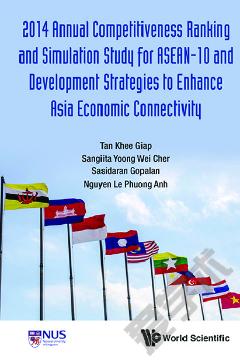
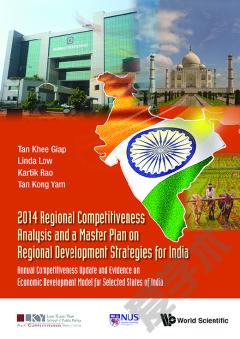
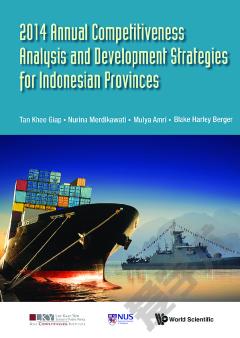
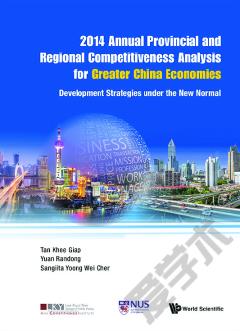

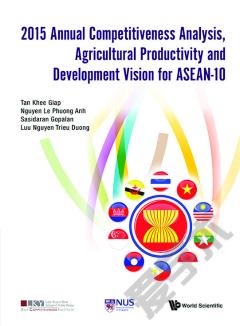
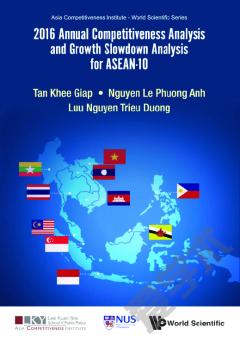

 京公网安备 11010802027623号
京公网安备 11010802027623号